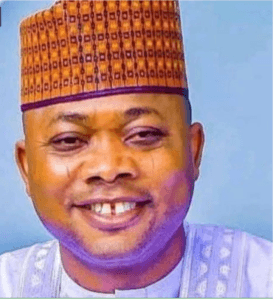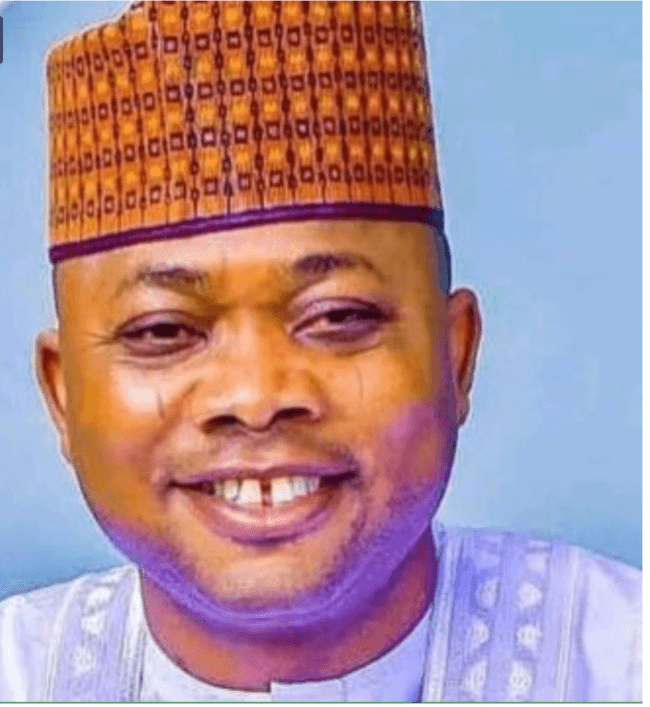Kogi $500 Million World Bank Loan: Development Boost or Corruption Pipeline?
The Kogi State Government’s recent announcement of a $500 million World Bank-assisted funding under the HOPE-GOV initiative has raised critical questions about transparency, accountability, and the potential for financial mismanagement. While the government presents this funding as a lifeline for healthcare and education, history suggests that such large-scale financial inflows often end up benefiting a privileged few rather than the people they are meant to serve.
Unanswered Questions on Transparency
The Kogi State Commissioner for Finance, Asiwaju Idris, claims that the funds will be used to improve basic education and primary healthcare. However, there is no clear roadmap detailing how these funds will be allocated or monitored. Past financial interventions in the state have been marred by allegations of misappropriation, yet the government has not provided any assurances on independent oversight mechanisms for this massive fund.
Read Also: Buhari Relocates to Kaduna
More concerning is the fact that the state government has yet to publish detailed records of previous World Bank or donor-assisted projects. Without a history of transparency, how can the people of Kogi trust that this $500 million will be any different?
Budgetary Contradictions and Fiscal Mismanagement
The Commissioner for Education, Wemi Jones, claims the government has allocated over $1.2 billion for students’ internal and external examination fees. If this is true, then why does the state still rank poorly in education infrastructure, teacher welfare, and student performance? Where exactly did this $1.2 billion go?
Similarly, the Commissioner for Health, Abdulazeez Adams, promises that the HOPE-GOV initiative will “revolutionize” healthcare in the state. Yet, hospitals across Kogi remain underfunded, with reports of unpaid salaries and a lack of essential medical supplies. If past health budgets have not significantly improved conditions, what guarantees do citizens have that this new fund won’t disappear into private pockets?

World Bank Loans: A Development Tool or Debt Trap?
Another pressing concern is the long-term financial implication of this loan. While government officials paint a picture of progress, they fail to explain how this debt will be repaid and at what cost to the state’s economy. Will future administrations be left to struggle under the weight of unsustainable debt, while the current officials who negotiated the loan enjoy personal gains?
The Need for Public Scrutiny
If the Kogi government is truly committed to using this $500 million for the people, then the administration must take the following steps:
1. Publish a comprehensive breakdown of fund allocation, detailing exactly how much will go to healthcare and education and the specific projects to be implemented.
2. Establish an independent audit committee, with civil society groups and journalists granted full access to track expenditures.
3. Ensure open and competitive bidding processes for all contracts related to the implementation of this fund.
4. Create a citizen feedback mechanism to allow Kogi residents to report discrepancies and demand accountability.
Until these steps are taken, the public has every reason to question whether this $500 million will truly benefit the people—or simply become another financial scandal waiting to unfold.


